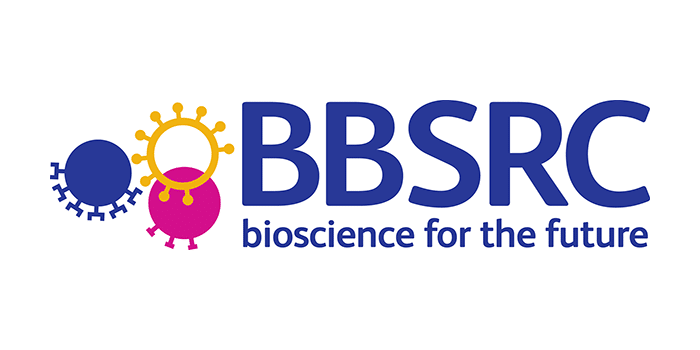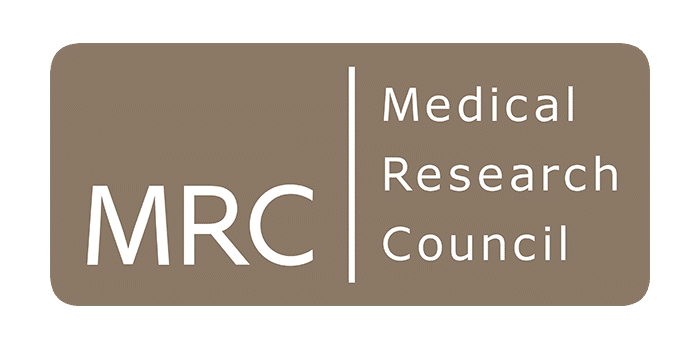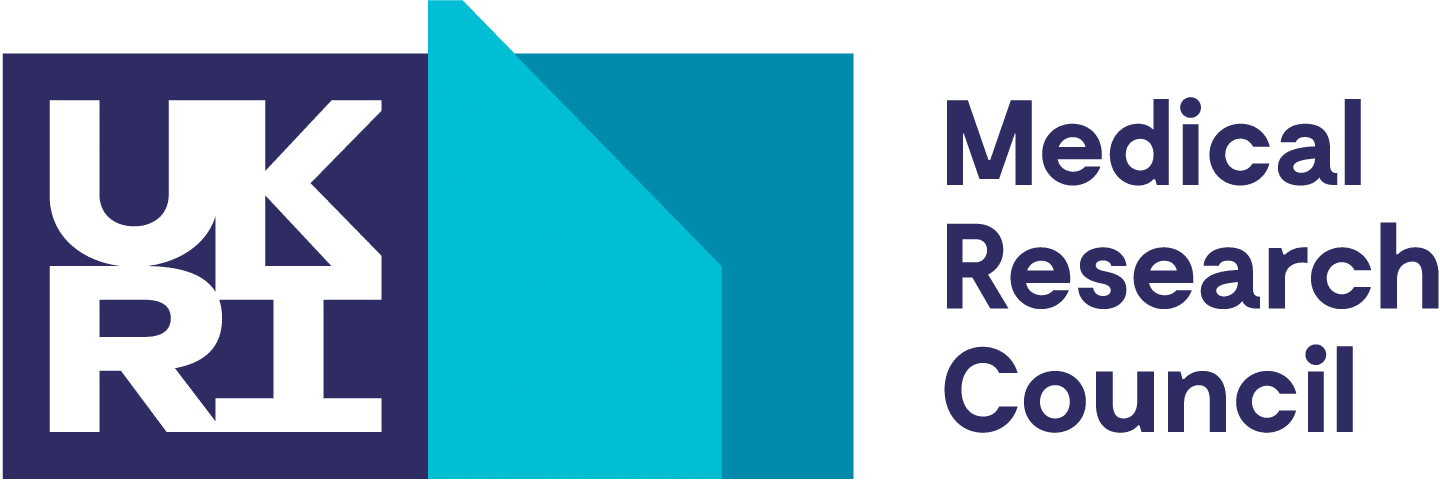The UK Regenerative Medicine Platform (UKRMP), is to receive a further multimillion funding commitment to help realise the goal of accelerating scientific discoveries in regenerative therapies to clinical application.
The Platform is a joint initiative between the Medical Research Council (MRC), Engineering and Physical Sciences Research Council (EPSRC) and Biotechnology and Biological Sciences Research Council (BBSRC). The three partners have committed to deliver a further £17m over five years to build on the Platform’s successes and to ensure that it continues to grow from strength to strength.
Spanning tissue engineering, stem cell biology, gene therapy, cellular therapeutics, biomaterials (scaffolds and matrices), nanoscience, bioengineering and chemical biology, regenerative medicine has already provided significant medical advances in areas such as skin regeneration for burn patients and diabetic ulcers and the treatment of anaemia, and has the potential to go much further with next-generation products offering treatments with long term benefits or cures.
Since 2013, the initiative has brought together leading research teams from 20 UK universities bridging biology, medicine and engineering disciplines to help address the knowledge gaps and research obstacles in delivering new therapeutic approaches via regenerative medicine. To support the commercial activity required to bring these emerging therapies to the clinic, UKRMP works closely with the Cell and Gene Therapy Catapult and has engaged with over 25 companies to date. The Platform has also established international collaborative programmes, engaging world-leading teams in Sweden, France, Germany and the USA.
To date the Platform has made significant progress in advancing essential preclinical work in areas such as Parkinson’s disease, liver disease, eye diseases such as age-related macular degeneration as well as corneal and retinal injury, and joint disorders such as osteoarthritis. The new investment will continue to support high-risk, innovative and interdisciplinary programmes that aim to reach the stage of clinical testing within the next five years.
Since its inception in 2011 the UKRMP has established multi-science research Hubs across the UK focused on broad thematic areas of research. The Hubs have produced a variety of tools, reagents and protocols which have been made available for use by the wider community, both academic and commercial – for example to support cell characterisation, tracking and delivery, and molecular screening and high-end microscopy. Under the new funding commitment, based on new competitive applications, the Platform will continue its evolution to a fully integrated structure with facets vital to all aspects of regenerative medicine such as manufacturing, safety and immunological considerations, common within all Hubs. This will enable the impacts from investments in UKRMP Phase 1 to be more fully realised whilst continuing to accelerate these therapies towards clinical application.
Dr Rob Buckle, UKRMP Director and MRC Chief Science Officer said:
“Regenerative medicine, encompassing exciting new technologies such as cell engineering, gene therapy and the development of smart biomaterials, holds enormous potential for delivering the treatments and even cures of tomorrow.
A vibrant regenerative medicine agenda is central to the MRC’s Strategic Plan. It is also one of the Government’s ‘Eight Great Technologies’, presenting significant scope for supporting and growing the UK’s bio-economy.
The UKRMP has been pivotal in nurturing this increasingly promising field of research by bringing different scientific disciplines and teams together to help bridge the conceptual gap between scientific discovery and efforts to bring new therapeutic products to the clinical market.
It is clear that continued investment will be needed to maintain this momentum. That’s why the MRC, BBSRC and EPSRC are committing new funding to further develop the UKRMP. This will help realise the ultimate goal of making new, safe and effective regenerative therapies available to the clinic and to the patient. “
Professor Stuart Forbes, Director for the Engineering and exploiting the stem cell Hub based at the MRC Centre for Regenerative Medicine said: “The UKRMP Hub has been particularly useful at promoting interdisciplinary research in regenerative medicine. In my area of research this includes developing tools and technologies relevant to the study of liver regeneration, such as optimised cell environments to allow liver stem cells to expand and new non-invasive imaging methods such as Raman Spectroscopy to test whether regenerating liver tissue is functioning normally. We are currently working to translate these findings for clinical use.”
Professor Kevin Shakesheff, Director of the Safety and efficacy Hub based at the University of Nottingham said: ”The UKRMP has introduced a new way of collaborating across the UK regenerative medicine community. The flexibility during the grant allowed my Hub to support new ideas at key points in their development. This approach has accelerated commercial exploitation, in vivo exemplification and generated new approaches to using biomaterials to control cell behaviour.”
Professor Peter Andrews, Director of the Cell behaviour hub at the University of Sheffield said: “The UKRMP has helped bring together experts from a range of different disciplines necessary for the development of regenerative medicine. The distinct areas of expertise that we have been able to bring to bear have enabled us to develop the methods to manufacture cellular products to rigorous standards that could facilitate a new regenerative approach to treating Parkinson’s disease.”
Our partners










